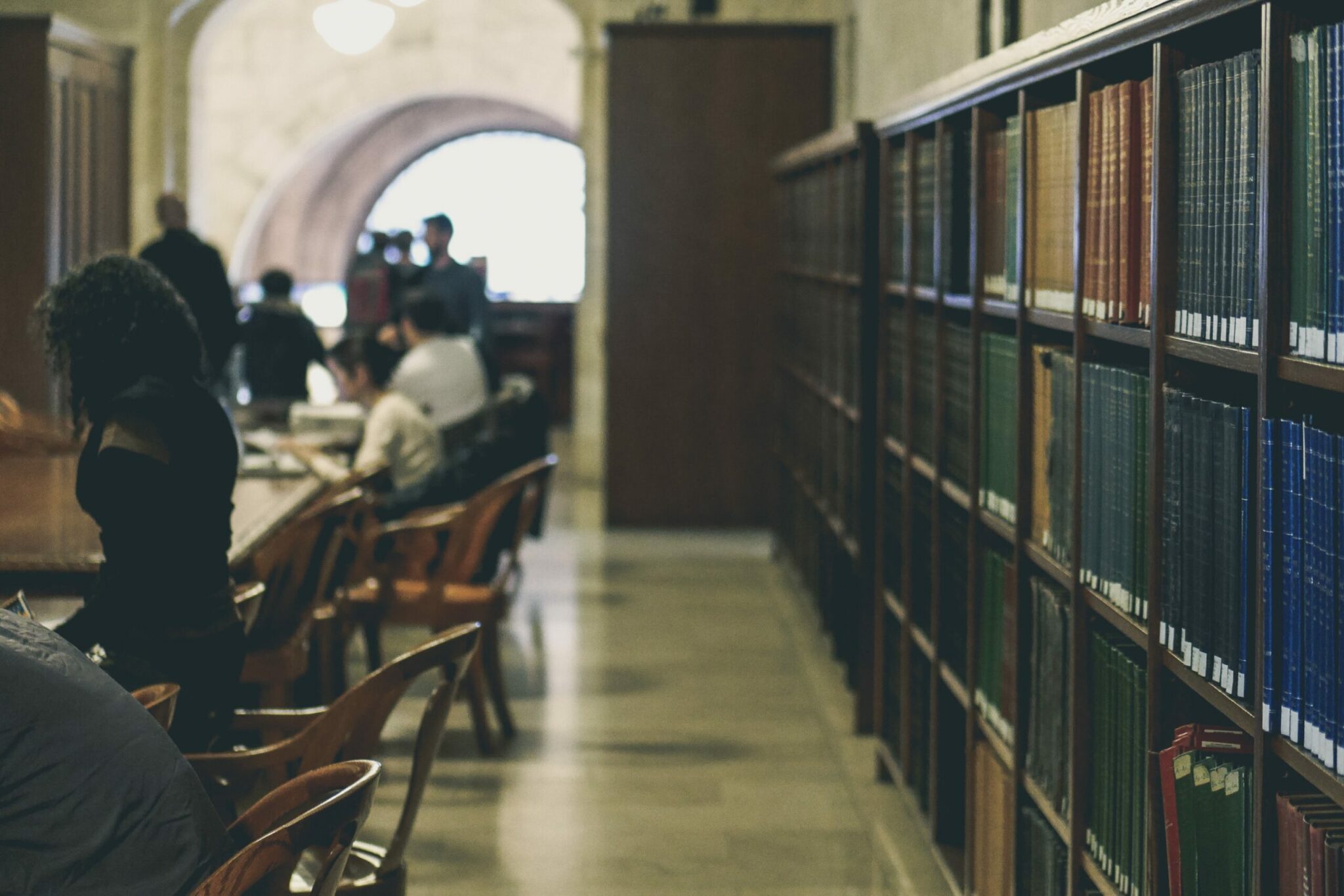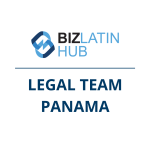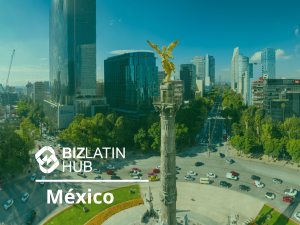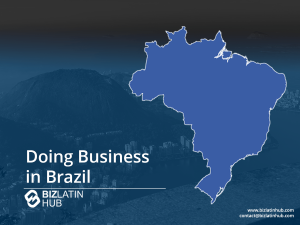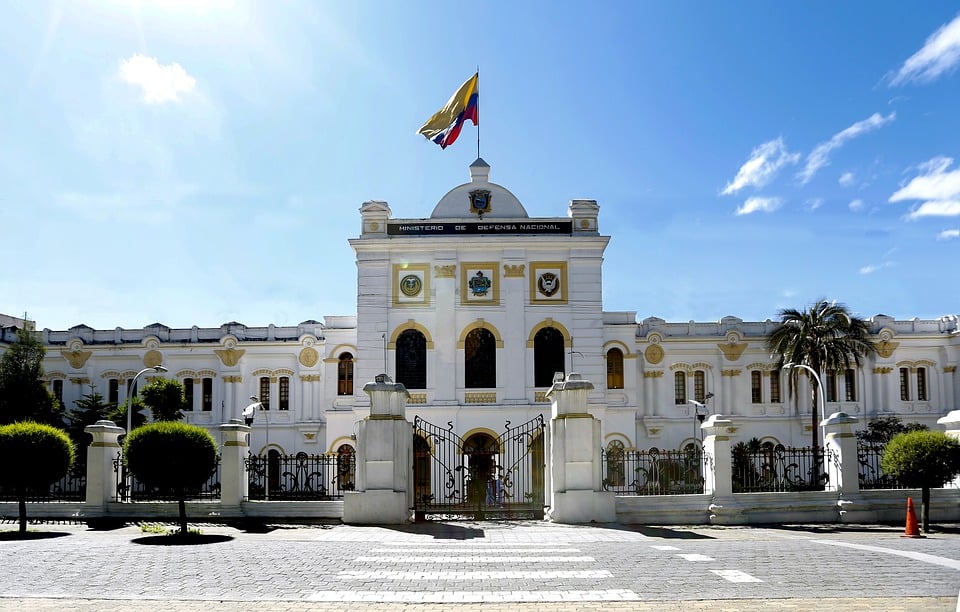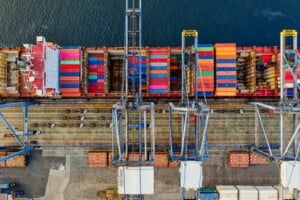Panama draws attention worldwide for its stellar economic growth and port facilities, enabling a strong entry point for businesses all over the world into Latin America.
Next on the country’s economic development list is strengthening the skills of its local and expatriate workforce. Panama’s City of Knowledge is opening its doors for expert technological and educational exchange. This special economic zone makes it easier for entrepreneurs, students and educational businesses to connect with Panama’s citizens and develop their capability for a tech-focussed, disruptive future.
We explore the City of Knowledge, and what it can offer to local and foreign businesses expanding into the area.
City of Knowledge in Panama – Economic overview
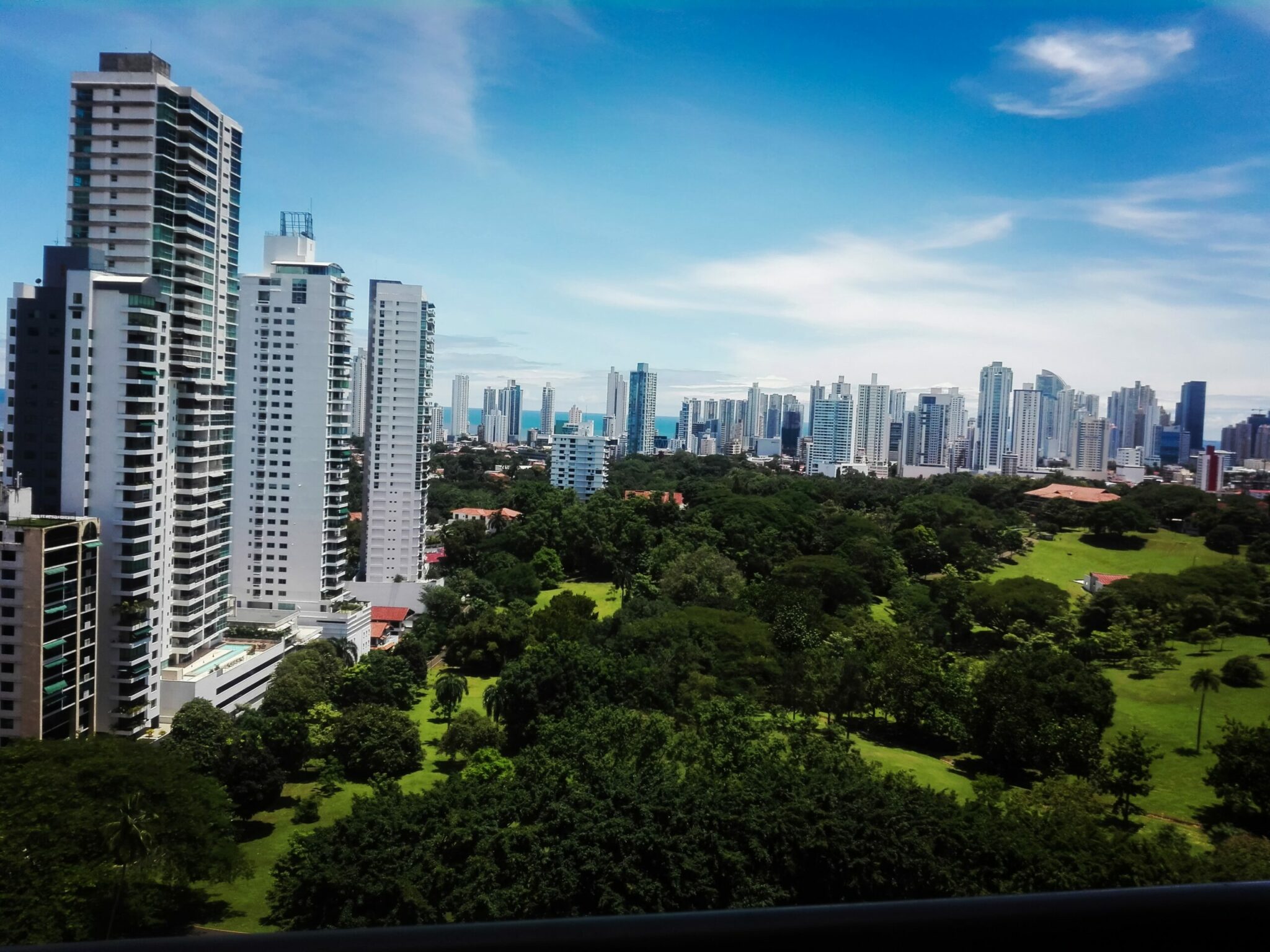
Panama sets the tone for foreign business by offering a covetable range of tax and investment incentives in the country. As a result, the country’s GDP has shown exponential growth over the last 10 years. GDP maxed out at US$65.06 in 2018, an unprecedented record (and up 3.1% from the previous year). To compare, GDP in 1960 reached US$13.54 billion. Since 2009, Panama has gone from strength to strength, with consistently positive economic outputs.
Panama is a notoriously strong performer in its logistical facilities, offering world-class port infrastructure and an advantageous strategic location in Latin America to boot. The country prides itself on its ability to position businesses operating within its borders well for trading with and expanding into the rest of the region.
As business activity and economic prosperity continue, Panama now looks to its human capability for growth.
Inside the City of Knowledge
During the mid to late 90s, Panama established and developed the City of Knowledge or ‘Ciudad del Saber’ near Miraflores. The project repurposed former US military zone, Fort Clayton, to build a government-subsidized area specifically targeted at academic institutions, non-government organizations (NGOs) and tech companies. The area spans 120 hectares and houses around 200 buildings. This space has its own special tax regime, intended to reduce barriers for local and foreign businesses that are interested in working in technology and education industries. Paired up with Panama’s intellectual property regime, this zone not only aims to develop innovative business, but also protect its profitability.
Taking up residence in the City of Knowledge are well-known organizations such as the Red Cross, United Nations Development Programme offices, UNICEF, Plan International and World Food Program.
The City of Knowledge campus aims to develop creativity and innovation, and the competitive capability of those who visit it. Though Panama houses a skilled workforce, it acknowledges its need to bring more people with a greater range of skillsets into the country, and boost the capability of the local workforce. This, in turn, helps drive the development and disruption of traditional sectors, and bring Panama on par with the rest of the world in terms of technological sophistication.
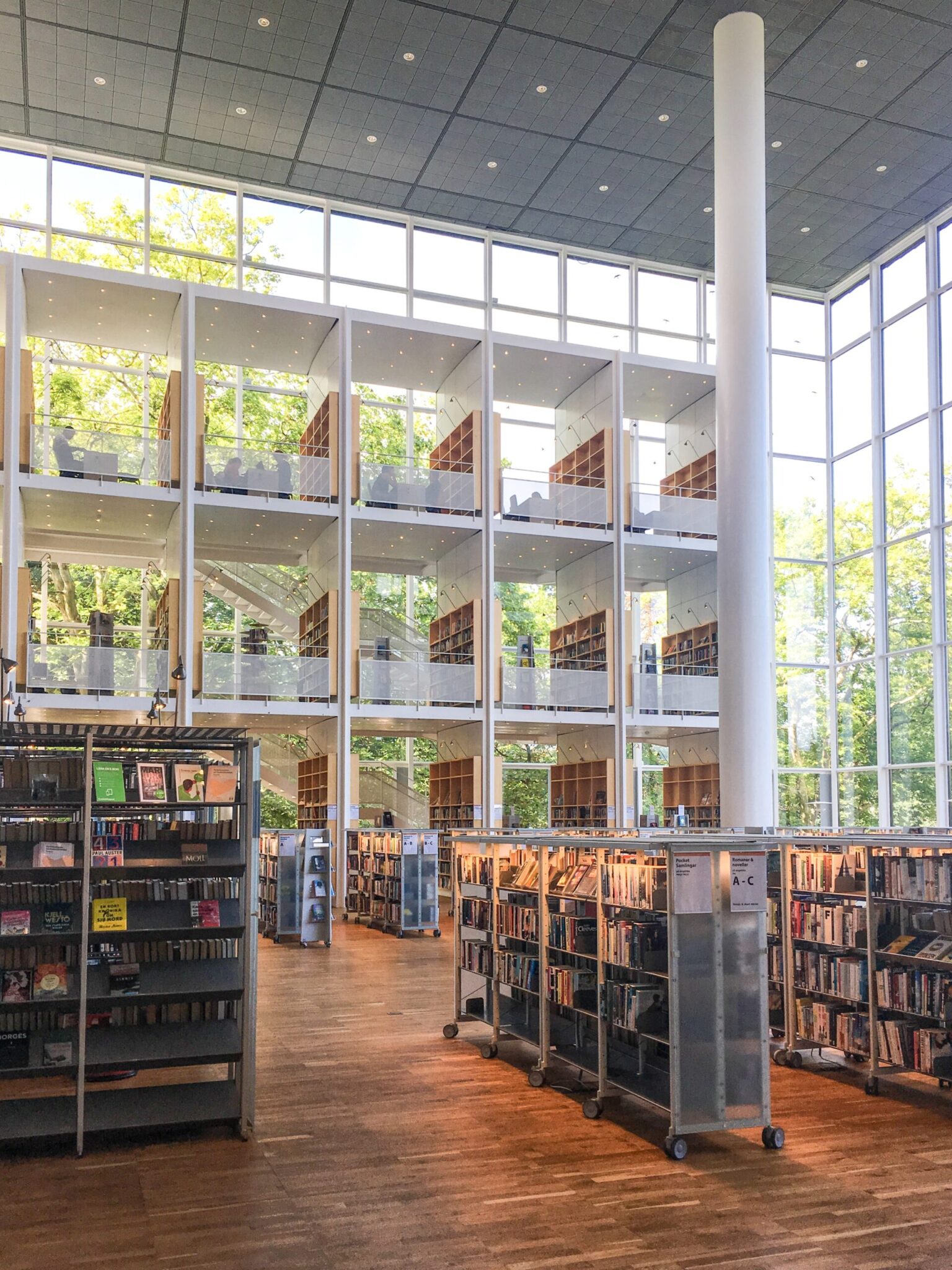
Government intent
Speaking in an interview with Biz Latin Hub, first Panamanian Ambassador to Australia Marcelino Aviles identified the desire to advertise Panama to the rest of the world in terms of the “logistical springboard” it can offer foreign businesses. With the City of Knowledge, the country is also primed to exchange valuable academic and innovative expertise.
“I would like to see more people… doing student exchanges in my country, so we can strengthen our connection and find ways to research and innovate together.”
New faces in government could also mean a boost for this and other special economic zones in Panama. Laurentino Cortizo, the new President-Elect, intends to invest in the Colon Free Zone and Panama Pacifico as part of the country’s modernization agenda. This modernization could see greater connectivity of other zones with the City of Knowledge and increased focus on technological advancement across the board.
With the City of Knowledge, Panama is positioning itself as a future education hub of Latin America. Complemented by the incentivised business environment and capable logistics facilities, straightforward visa options for migrants and world-class retirement benefits, the country possesses back-to-back strengths for both locals and foreigners alike who are looking to make Panama their home base.
Where can foreign business step in?
Ambassador Aviles highlighted opportunities in this special education and tech-focused economic zone for talented education exporters such as Australia. The country invites universities and other education providers, and those with the ability and intent to support innovative growth – such as startup incubators – into its City of Knowledge.
Taking examples from other successful tech and startup hubs in Latin America, such as Medellin in Colombia, the Panamanian City of Knowledge is well on its way to becoming another magnet for entrepreneurs and students looking to break new ground.
Contact us to get started
Panama’s economy continues to show strong growth and outputs, and offers consistent, enduring incentives luring people and businesses ashore. As such, the country is projected to become a hotspot for commercial activity.
At Biz Latin Hub, we ease the burdens businesses face when expanding into new markets and encountering new regulations and legislative compliance requirements. Our team of local and expatriate professionals provides a range of tailor-made market entry and back-office services to guide businesses through their Latin American expansion process. We also work to bridge cultural gaps foreign companies face and ensure a smoother transition and market integration.
For more information, and to get a customized quote on what we can offer your business, contact us today here. We are ready to start the conversation when you are.
